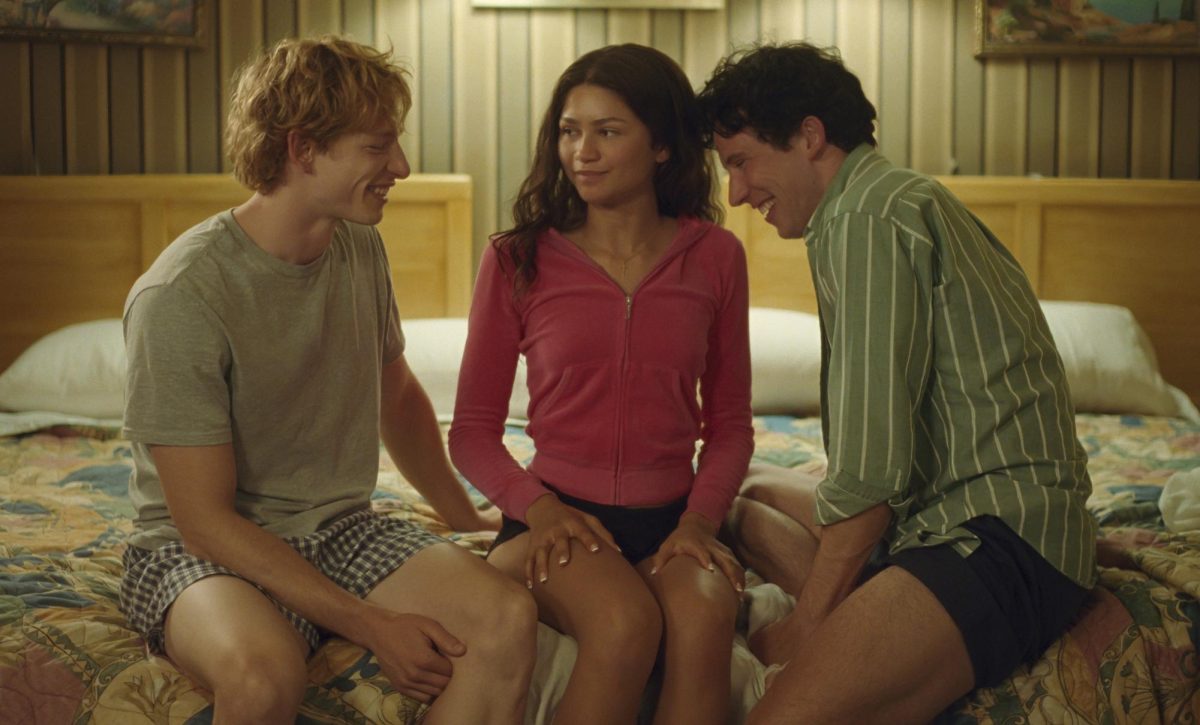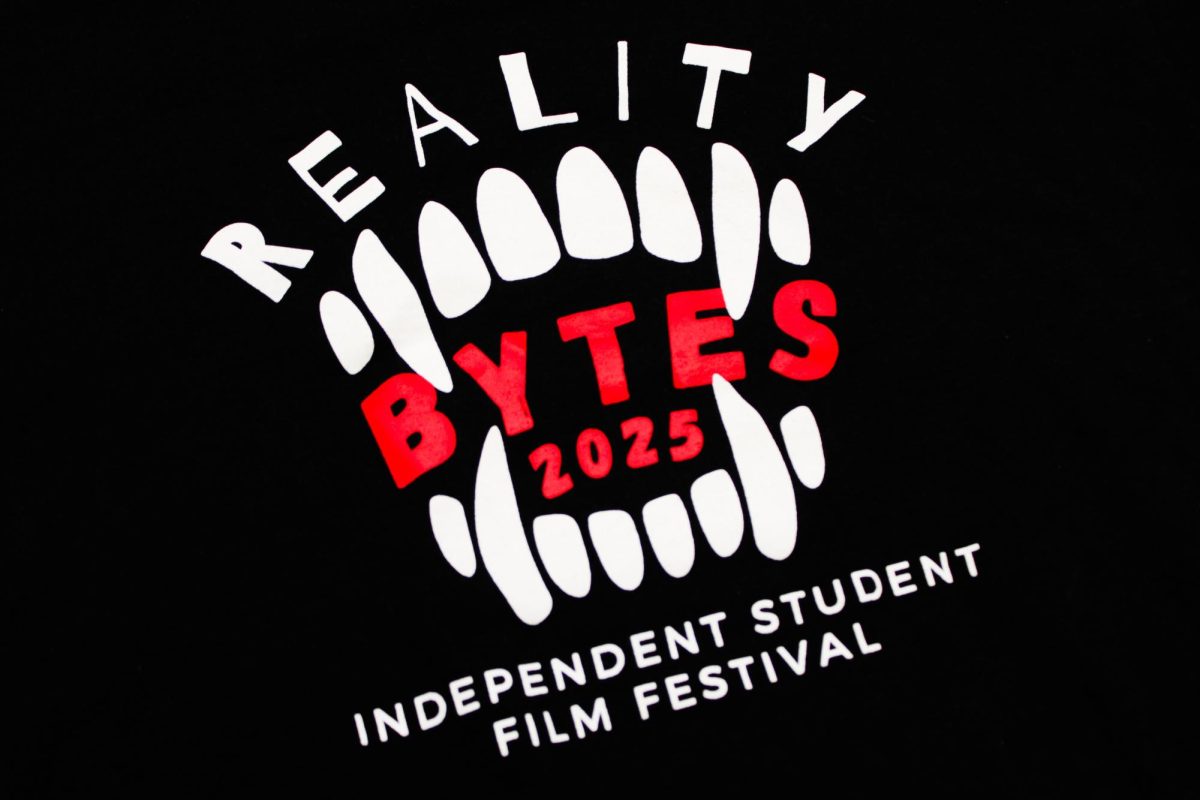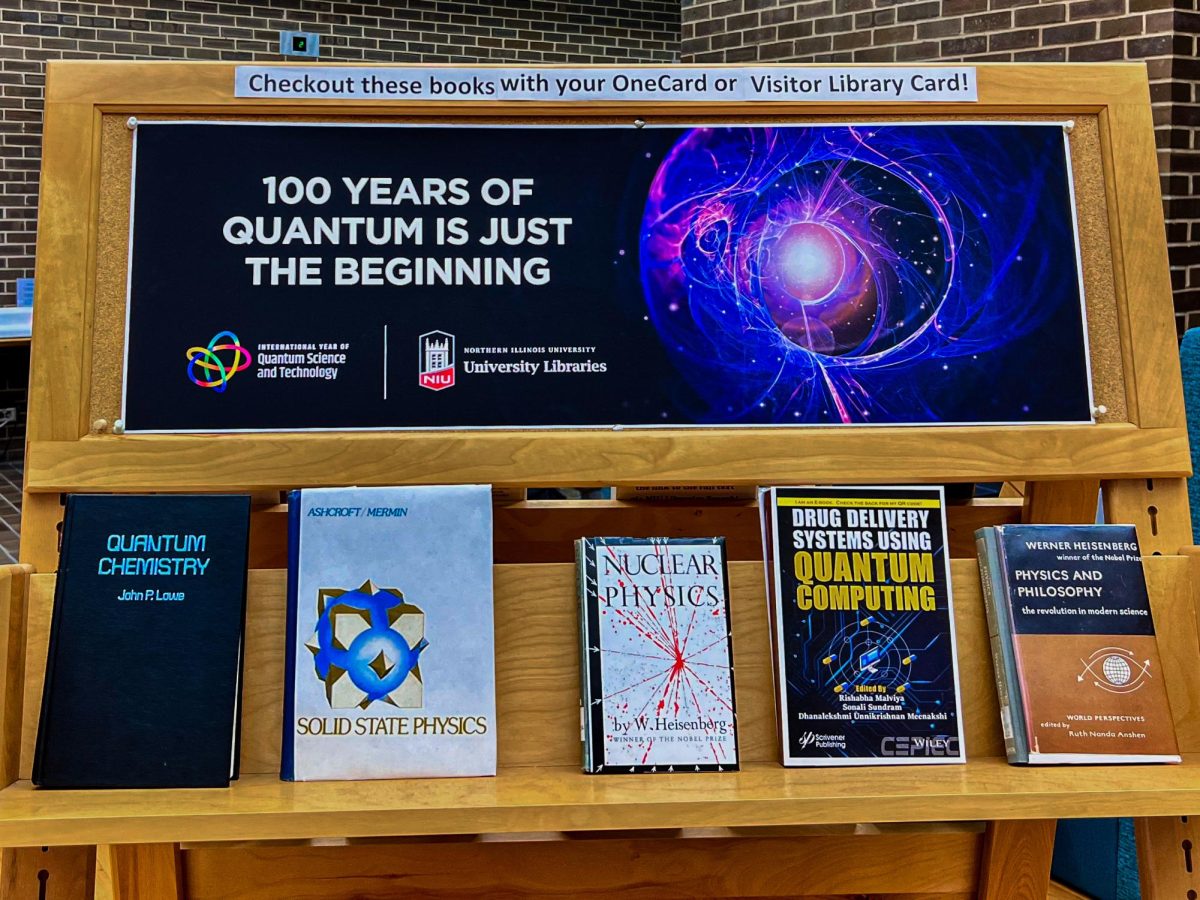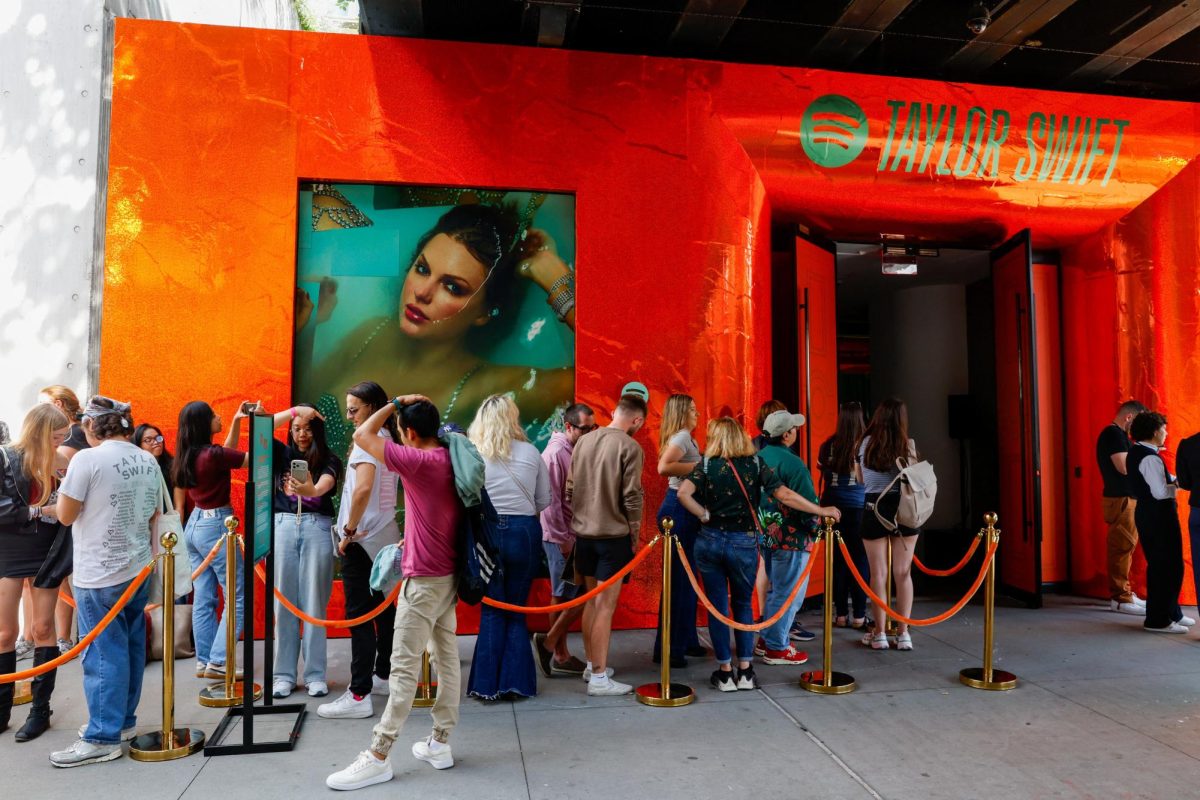The newest Luca Guadagnino film, “Challengers,” released Friday.
With an all-star cast – Zendaya, Mike Faist and Josh O’Connor are all in lead roles – and a soundtrack by two of the best film composers in the game, “Challengers” was expected to be a sexy movie about tennis and relationships.
While it may technically accomplish those features, the film as a whole doesn’t work.
Guadagnino’s camera work is phenomenal; in one of the tennis matches, the point of view shifts from the standard back and forth between the two players to an avant-garde, gorgeous depiction of the game.
Guadagnino has the camera take the place of the ball, bouncing from player to player, getting smashed by rackets and bouncing on the floor. Immediately after, the camera cuts to under the court, where the court becomes clear and the players’ steps and lower body movements are emphasized.
This is even more beautiful than it sounds.
But, beauty doesn’t equal successful filmmaking.
The change from traditionally shot tennis to something more over the top distracts from the movie. Your jaw drops at the glory of Guadagnino’s excess, but the movie is almost always made worse by the cool shots.
“Challengers” follows Tashi Duncan (Zendaya), a tennis prodigy, who after a massive knee injury has to retire from the game and start coaching. Duncan, in her playing days, met Art Donaldson (Faist) and Patrick Zweig (O’Connor) and began a tenuous relationship with the duo.
The relationship is a combination of coaching and romance; Duncan and her “white boys,” her words not mine, set up the major conflict of the film: a small tennis tournament where both Zweig and Donaldson have more than meets the eye on the line.
If this sounds super basic, you’d be right.
“Challengers,” rather than being a complex character study, molds a basic plot around new but unnecessary filmmaking.
This trend of taking simple plots and pairing them with creative, “never-been-done-before” filmmaking is one that is unfortunately taking hold of the industry now – see “Poor Things” and “The Zone Of Interest.”
My feeling toward “Challengers” – and those other films too – is that newness doesn’t make a film inherently good or successful.
The camera work and electronic score are new to this genre of sports film. The emphasis on sex – and please don’t get me wrong, this film is certainly sexy – is something that often isn’t done in the sports genre either.
The three lead actors in the film all do their main job really well: they look so hot on screen.
O’Connor is a Greek sculpture of muscle and sinew like his body was created solely for the screen. His arms are constantly bulging, his abs are almost always on screen and he is dripping in sweat, sometimes even onto the camera.
Faist has less visible muscle, but the care he puts into each move – both in the game of tennis and in his everyday actions – adds an appeal to him. Where O’Connor looks like a perfect hookup, Faist looks like the man who will swoon for you – cough, spoilers.
Zendaya also hits on this level. Her sole focus is always on tennis, whether she’s coaching or playing. This devotion is electric. She uses sex to get both O’Connor’s and Faist’s characters back into focus or deeply out of focus. She is the evil mastermind.
Outside of the patented Guadagnino sex appeal, the acting ranges.
Faist was phenomenal. His performance was mature and varied, imbuing the character with so much life I could have sworn I watched Art Donaldson play in the U.S. Open a few years back.
O’Connor hits the villain note well, but his performance feels almost stereotypical. Like, he has sex with his former doubles partner’s wife to throw said partner off his game. In the moments where he is playing up this villain stature, O’Connor’s performance is not strong.
Unfortunately, Zendaya offers the weakest performance of the bunch. Following the release of “Dune: Part 2,” I was a little worried about Zendaya’s performance. During one of the final scenes of the film, she gave a look to the camera which almost ruined the scene for me.
In “Challengers,” her performance is worse. She has no grasp of subtlety, no hold of any complex emotion, nothing to show that her character is real.
As the reviewer kass wrote on Letterboxd, “Her performance bears the emotional nuance of a small child (frown when sad, smirk when sneaky, furrow eyebrow when perplexed, ad nauseam), rendering Tashi’s whole devious schtick, and the film’s entire conceit, ultimately null.”
From what I’ve seen of Zendaya, her physical preparation is excellent, and when she needs to take a step over the top, she hits it out of the park; when she needs to be balanced and subtle, well, to put it kindly, I haven’t seen it yet.
“Challengers,” and much of its acting, is a mess. The attributes that make the film beautiful make the film less successful as a look into relationships, tennis and sex.
Maybe the point is that the beauty draws away from the real, but I cannot believe that the film’s failures are on purpose here.
The man who made cannibalism sexy managed to make sexiness – the cornerstone of his brand – bland and unimportant.
Despite all the rave reviews – which all seemingly cite the film’s “newness” – “Challengers” isn’t the marvelous piece of cinema people think it is. It’s somewhere between a screen test of new shots and softcore porn.





















